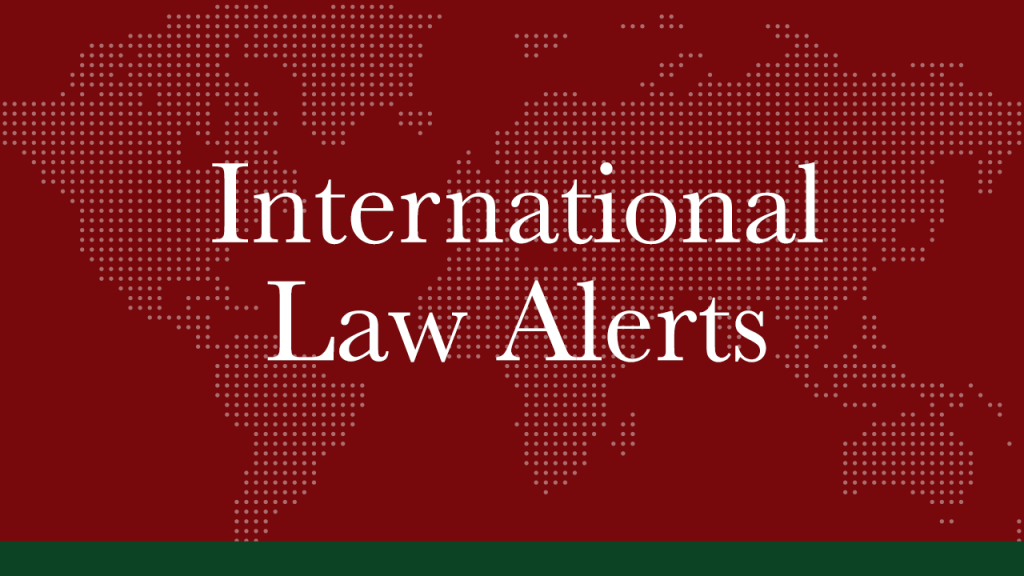
Hackers have attacked and shut down the IT systems of the company that manages COVID-19 vaccination appointments for the Lazio region surrounding Rome, the regional government said on Sunday, August 1.
A ransomware attack in July that paralyzed as many as 1,500 organizations by compromising tech-management software from a company called Kaseya has set off a race among criminals looking for similar vulnerabilities, cyber security experts said.
Ransomware is a type of malware which prevents users from accessing their system, usually through the locking of a computer’s files or of the system itself, until a ransom is paid to unlock the affected systems.
Automated bots are said to have attacked Manila’s COVID-19 vaccination website on Wednesday night, August 4, the Manila city government revealed on Friday.
China’s cyberspace watchdog said on Monday, August 9, that authorities have arrested 59 people and seized 25,000 illegally controlled webcams in a crackdown on illegal camera voyeurism.
Thousands of Afghans struggling to ensure the physical safety of their families after the Taliban took control of the country have an additional worry: that biometric databases and their own digital history can be used to track and target them.
On July 29, the site belonging to Karapatan, a human rights organization in the Philippines, was targeted by a sophisticated, well-resourced dedicated denial of service (DDoS) attack. Traffic flooded in from botnets spread across the world, from Ukraine to Indonesia — all aimed at a single folder on Karapatan’s site, which hosts the group’s reports detailing extrajudicial killings in the Southeast Asian country.
Cuba published on Tuesday its first cybersecurity law, a move critics dismissed as a tool to limit political and civic freedoms on the Caribbean island.
As the pandemic continues to grip countries in Southeast Asia (SEA), more workers are expected to set-up their remote office environment, if not continue to work virtually. This trend keeps the population safer physically, but also open vulnerabilities against enterprises.







































































































 on the upper right corner to select a video.
on the upper right corner to select a video.